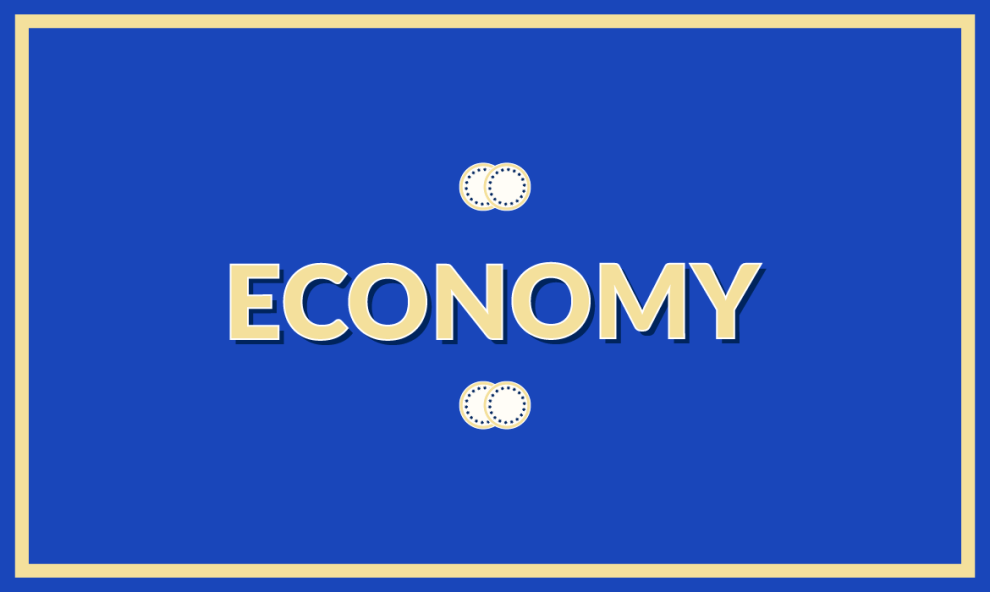Groucho Marx, the great satirical actor, argued that “politics is the art of looking for trouble, finding it everywhere, diagnosing it and incorrectly applying the wrong remedies.” Governments are particularly good at identifying technical problems but they tend to be profoundly ignorant about what motivates people to act the way they do. They assume that people will respond to governmental commands and preferences without question and without ever doubting bureaucratic altruism.
But Mexicans have spent centuries watching governments come and go and their response has not changed one bit: “obey but do not comply” was the way Mexicans defended themselves from their Spanish masters during colonial times. They simply adapt. Human nature is stubborn but predictable: people never go against their interests nor do they willfully bow before bureaucratic preferences. Maybe it is there where a more logical explanation to the pathetic economic performance of late resides.
I do not have complex mathematical models at my disposal to elucidate the causes of the poor performance of the economy, but I observe how people act and respond to the endless barrage that comes out of the government in the form of standards, rules, procedures and taxes. One comment I heard recently tells me a lot: the use of cash is growing rapidly. A notary-lawyer tells me that in the past few years cash had almost vanished from the transactions he witnessed and gave faith to (largely due to the tax on cash deposits) but that it is now coming back in dramatic fashion. The reason? People are afraid of the new powers of the Treasury to audit their bank accounts and credit cards. Thus, instead of moving towards an increasingly efficient economy and a financial system that intermediates ever more exchanges in the economy among economic agents, Mexican are moving back toward barter. Lower efficiency means less economic activity. If one multiplies thousands or millions of daily exchanges like this across the country, it becomes obvious that the aggregate effect can be brutal.
The rationale of a higher tax rate (approved last December) is that, with a much larger purse like the Treasury’s, the government can spend massively, with impressive results: a huge infrastructure project trumps thousands of small exchanges any day. However, this may be true in Sweden, but in Mexico even the construction industry is shedding jobs and declining. Public spending is rising but the economy is not responding. Surely, months of sustained governmental spending will eventually impact the economic activity, but probably less than the government anticipates and perhaps in different ways. The reason is obvious: government spending is highly inefficient. While people spend in ways that are profitable to them, the government wastes a lot, often absurdly. Furthermore, corruption is not abating and everyone knows examples of it in their daily lives that reinforce their contempt for bureaucratic solutions: rigged bids; abusive unions; vote purchasing in Congress; infamous forced contributions (“moches” i.e. bites) to the members of Congress by beneficiaries of public spending; and extraordinarily generous pension schemes for public servants.
Instead of seeking to earn the trust of the population and moving towards building an increasingly efficient and orderly economy, recent governmental actions are accelerating the growth of the informal economy, whose taxes are privatized: these are charged by inspectors, police officers and political leaders and never reach the Treasury. Instead of simplifying tax compliance and lowering the costs and complexity of creating and operating formal enterprises, the tax strategy increases incentives for the informal economy where, despite everything else, businesses face lower administrative and fiscal costs and operate outside of the government’s radar. The logic of the informal businessperson is impeccable but its overall effect is to reduce the aggregate growth of the economy.
Above all, the daily reality for the average Mexican is still very onerous due to the costs of extortion, the impunity with which the authority acts at all levels of government, and the disorder that is the trait of the government at large. The notion that people are going to become orderly without the government doing the same contradicts human nature. Example begins at home.
The current tax law dramatically increases the fiscal cost both because in Mexico there is no marginal tax (tax is paid at the whole rate in each bracket) and because the new powers of oversight paralyze consumption and investment. In these circumstances, it isn’t difficult to explain the economic situation. The problem is not technical but of human nature. In the seventies two administrations endeavored to impose their bureaucratic logic on daily life: they invented trusts funds and increased government spending as if there were no limits and ended subverting the trust of the people. The result was financial crises, inflation and chaos. People did not respond (or responds today) as the bureaucracy expected.
At the heart of it all lies the inexorable contradiction between the experience of the people and the willfulness of the government. In the foreword to the book entitled “Arms Trafficking in Mexico”, by Magda Coss Nogueda, Leonardo Curzio tells the story of a discussion between Rivera and Siqueiros in front of Pablo Neruda, the famous Chilean poet and Nobel laureate, where both Mexican muralists drew their guns to try to impose their views. That seems to be the logic of the new economic strategy: to impose instead of convincing, authority rather than leadership. Imposition does not work in the era of globalization where investors have the world to choose from. The country requires order but also attention to the little big things, such as security and stability. People entrench themselves and, in their ancestral logic, pretend that they comply. The inevitable result is reduced economic activity, regardless of how much the government spends. Where does the fault lie? Quite obviously, it lies in the people and the businesses that do not heed the government’s instructions.






Comments